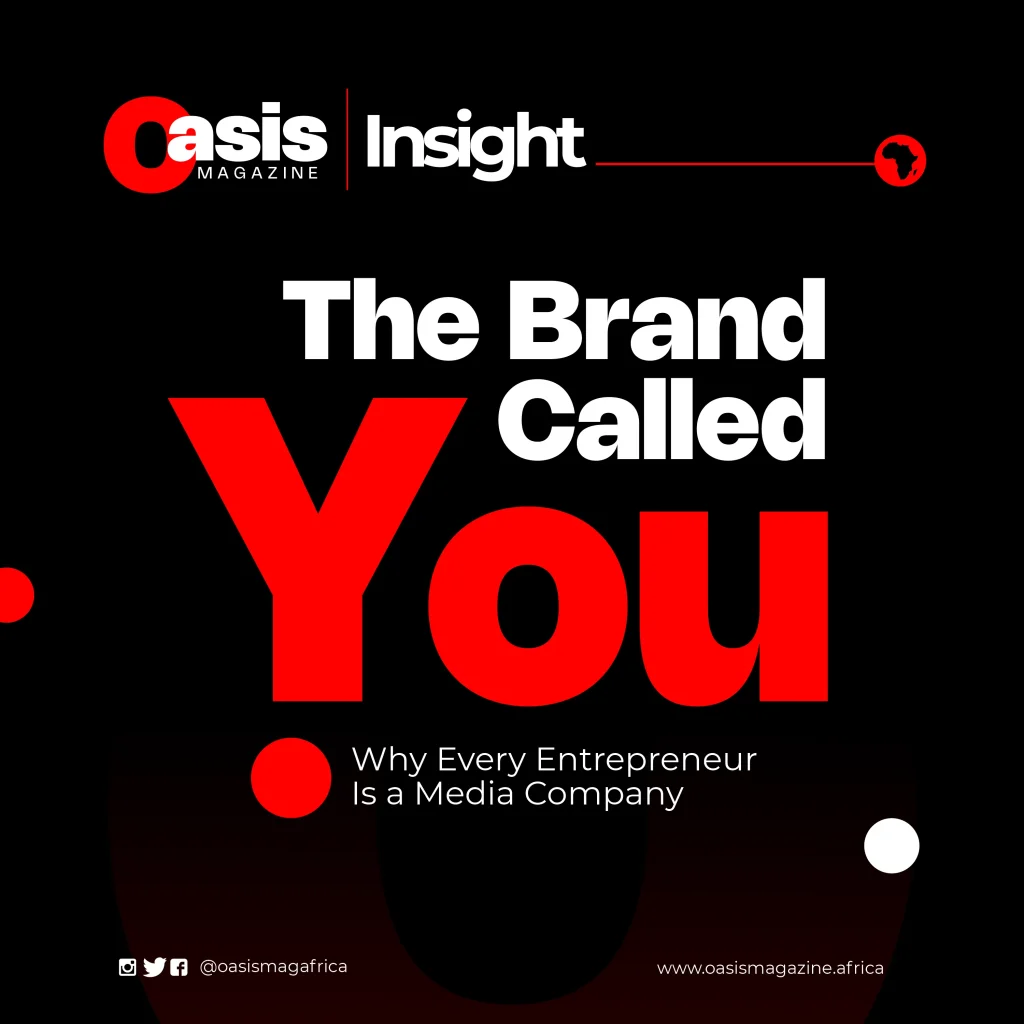Executive Summary: The New Architects of Global Enterprise
Africa is no longer a footnote in the global business narrative—it is producing a new archetype of leader: the African business mogul. These are not conventional tycoons accumulating wealth through extraction or inheritance. They are visionary builders who fuse local insight with global ambition, turning scarcity into strategy and culture into capital.
Operating in environments marked by infrastructural gaps, regulatory flux, and macroeconomic volatility, they’ve developed a leadership model defined by resilience, ecosystem intelligence, and cultural fluency. Their companies don’t just survive—they scale across continents, attract top-tier global capital, and redefine entire industries.
This deep dive distills seven foundational principles from Africa’s most transformative entrepreneurs—from Strive Masiyiwa (Econet) and Ibukun Awosika (First Bank) to Iyinoluwa Aboyeji (Flutterwave) and Temie Giwa-Tubosun (LifeBank). These lessons transcend geography: they are a masterclass in 21st-century leadership for any executive navigating complexity, disruption, and opportunity.
“Africa’s moguls are not waiting to be invited to the table—they are building new tables.”
1. Start Local, Scale Global: Solve for Lagos, Serve the World
African moguls begin with hyper-local pain points—unreliable power, fragmented logistics, financial exclusion—but design solutions with global architecture from day one.
- Flutterwave didn’t just build a Nigerian payment gateway; it engineered a Pan-African API-first infrastructure now used by Uber, Spotify, and Salesforce across 33 countries.
- M-KOPA Solar started by leasing solar kits to off-grid Kenyan households. Today, its IoT-enabled PAYG (pay-as-you-go) model is licensed in India and Latin America.
Lesson: Depth of local understanding is the ultimate scalability advantage. Solve a real problem in a complex market, and your solution will be battle-tested for the world.
2. Resilience as Strategy: Volatility as a Training Ground
While Silicon Valley optimizes for growth in stable conditions, African moguls optimize for survival in uncertainty—a skill increasingly vital in a climate-disrupted, geopolitically fractured world.
Strive Masiyiwa fought a 7-year legal battle with Zimbabwe’s government to launch Econet Wireless—only to emerge as a telecom titan across 17 African countries. His mantra: “If you can build in Africa, you can build anywhere.”
Lesson: Resilience isn’t endurance—it’s anticipatory agility. The ability to pivot amid chaos is the new core competency of global leadership.
3. Ecosystem Thinking: Build the River, Not Just the Boat
African moguls rarely stop at a single company. They construct ecosystems that lift entire sectors:
- Tony Elumelu didn’t just grow UBA Bank—he launched the Tony Elumelu Foundation, funding 20,000+ African startups and creating a pan-African entrepreneurial network.
- Jason Njoku (iROKOtv) didn’t just stream Nollywood films—he built distribution, production studios, and talent pipelines, catalyzing Africa’s digital entertainment economy.
Lesson: In fragmented markets, infrastructure is opportunity. The highest-leverage leaders don’t just compete—they enable.
4. Cultural Intelligence: Heritage as a Strategic Asset
While Western brands often “localize” as an afterthought, African moguls embed culture into their core IP:
- Dangote Group leverages Aliko Dangote’s Hausa-Fulani heritage and pan-African identity to build trust across Francophone and Anglophone markets.
- Sheila Chajwa’s Zambian fashion brand, Zuri, uses indigenous textiles not as aesthetic garnish, but as trademarked cultural IP licensed to global retailers.
Lesson: In an age of authenticity, cultural fluency is competitive intelligence. The most resonant global brands are those rooted in place.
5. People First: Human Capital as the Ultimate Infrastructure
When roads fail, grids collapse, and institutions lag, trust networks become the operating system. African moguls invest relentlessly in talent:
- Andela’s founders built a company not around code, but around Africa’s engineering talent, placing developers in U.S. tech firms while retaining equity and upside.
- LifeBank’s Temie Giwa-Tubosun treats blood delivery drivers not as gig workers, but as lifesaving agents—equipped with training, dignity, and data tools.
Lesson: In resource-constrained environments, people are the platform. Loyalty, skill, and agency compound faster than capital.
6. Bold Partnerships: Global Reach, Local Roots
Africa’s moguls reject the false choice between “going global” and “staying local.” Instead, they curate strategic alliances that amplify without diluting:
- Safaricom’s partnership with Vodafone gave it global tech access—while retaining Kenyan ownership and community focus.
- Nigerian fintech Paga teamed with Mastercard to expand cross-border payments—but kept its UX rooted in African informal trade behaviors.
Lesson: The future belongs to glocal hybrids—leaders who blend global scale with local soul.
7. Legacy Over Liquidity: Building to Endure, Not Exit
Unlike the “unicorn or bust” ethos of some tech hubs, African moguls measure success in generational impact:
- The Oppenheimer family (De Beers) may be iconic—but today’s African moguls like Babalwa Ntshongwana (South Africa’s first Black female mining CEO) are building inclusive, sustainable legacies that outlive them.
- Many reinvest profits into education, health, or climate resilience—seeing business as nation-building.
Lesson: True wealth isn’t liquidity—it’s enduring influence. The most powerful moguls build institutions, not just balance sheets.
The Global Imperative: Why the World Must Pay Attention
Africa’s moguls are not “emerging” leaders—they are leading the emergence of a new global order. Their playbook offers a blueprint for:
- CEOs navigating volatility and ESG demands
- Investors seeking antifragile, high-impact assets
- Policymakers designing inclusive innovation ecosystems
As the World Bank notes, Africa will be home to 25% of the world’s working-age population by 2050. The moguls shaping this demographic dividend are not waiting for permission. They are exporting a new model of enterprise—one that is human-centered, culturally rooted, and systemically resilient.
Insight: The Table Is Built. The Invitation Is Open.
The era of viewing Africa through a deficit lens is over. The continent is not a market to be penetrated, but a leadership laboratory producing some of the world’s most adaptive, ethical, and visionary entrepreneurs.
For global executives, the path forward is clear:
Study the African mogul. Partner with them. Learn from them.
Because the future of business won’t be written in boardrooms alone—it will be forged in the crucibles of Lagos, Nairobi, Kigali, and Johannesburg… and scaled from there.
Sidebar: The African Mogul Index – 2025
Defining traits of Africa’s top-tier enterprise builders (Oasis Intelligence Survey of 50 Leaders)
| Trait | Prevalence | Global Relevance |
|---|---|---|
| Owns core IP | 92% | High (tech, media, agri) |
| Built ecosystem beyond core biz | 78% | Critical for scaling |
| Reinvests >30% of profits into talent/community | 85% | Rising ESG benchmark |
| Operates in 3+ African countries | 71% | Pan-African = global-ready |
| Measures success beyond financials | 89% | Aligns with stakeholder capitalism |


